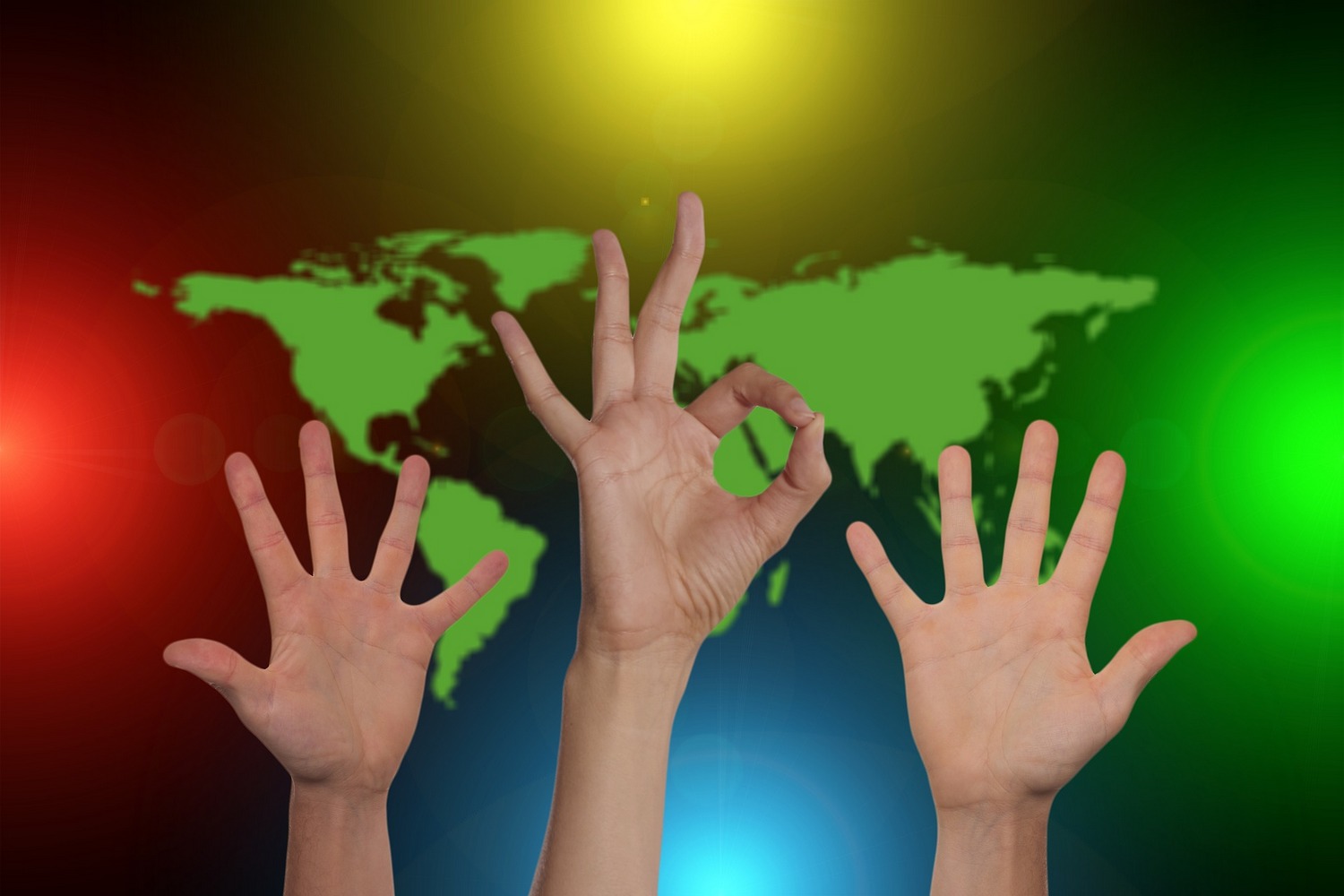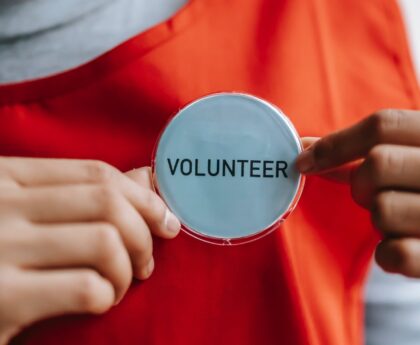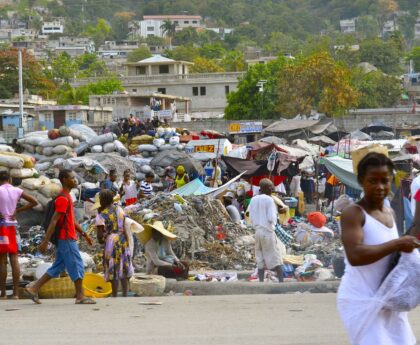We like to tell what foreign volunteers do when they come create a musical group and give concerts, sing in the choir, play Snow Maiden in the charity fund, help in the hippotherapy center, teach their native languages – so many interesting things they do that you cannot list them all, but who stands behind it? Who includes them in the life of the local community, helps them adapt and feel capable of doing big and small things?
The thing I love most in my work is to see a volunteer step out of their comfort zone (speaking about the volunteers who come to us) and start doing some incredible things they haven’t done before and thereby grow and develop. And of course afterwards it’s very nice to hear feedback – what he learned, what was useful, some even thank me for creating an environment where they do things they’ve never done before. What I like most is positive feedback when I see results. What I don’t like the most is probably the red tape, the invitations, the registration, the visas.
We had one volunteer from France, when he arrived he was already 28 years old, but he acted like a kid because it was his first time not just, but abroad in general – and he had never even traveled to other cities within his own country. He came to us for 9 months, he seemed completely helpless at first, he didn’t speak Russian, but then he did a lot of development, learning the language. Once we invited him with us to Baikal for the New Year, where there were our friends who didn’t speak English, and he had to speak Russian. By the end of the project he spoke it fluently. He also did a rock band concert – got a band together because he played guitar, they did a concert – it was something incredible. To this day (and he left in 2017) we keep in touch with him, he writes us on holidays, sends us cards and we recently found out that his mentor and he met in Paris. It was definitely a life-changing experience for him and thanks to the program and the project with us – and we supported him a lot and helped him because it was very difficult for him, he knew nothing about project management – he gained a lot of new skills, knowledge and abilities. Because of his unusual situation, we looked for classes at his level, adapted, and it was very effective and useful, and it bore fruit.
Fear is understandable, we are afraid of what we don’t know, of something unexplored. Once we know the pluses of the program, the bonuses that volunteer participation brings, how cool it is not only for the organization, but also for the local community, when a foreign volunteer comes to you and from his point of view tries to do something useful, given his experience. Once you live it yourself through the experience, you start to appreciate it and want to get involved. I would like to make some study visit, so that they understand what international volunteering is and what bonuses it provides, despite the large human and time resources that it requires – after all, a volunteer has to be accompanied, provide the educational process, issue invitations and give out monthly money, but it always pays off twice or thrice as much. The main advice is to try, be interested, look for opportunities, experience it, live the experience and not be afraid to take on that responsibility.
In terms of skills – intercultural communication skills are strongly developed because you have to communicate with organizations from different countries on a daily basis. Communication style, attitude to time is different everywhere, attitude to working issues too. You have to try to understand why this person behaves this way or that way, and why it is different from my behavior. The second thing is stress tolerance. It’s trained hard because the work involves a certain amount of stress, because it’s working with people. When a volunteer has a problem, the first one to respond is the facilitator and you have to do it professionally and effectively. The next skill is empathy, because you need to understand why the person behaved the way he did, maybe he lacks something, but he doesn’t talk. The skill of listening and hearing is developed strongly, as well as attention to detail. The skill of planning educational strategies for the volunteer develops because each volunteer is unique and comes with different needs and interests and we try to find an approach, provide interesting tasks and opportunities for the development of each, depending on it we choose the formats in which it is interesting for them to work. Communication skills with people are also developed because the work is totally based on communication. Sometimes you get tired of it, but sometimes it gives you a lot of strength and energy, especially when you get positive feedback and when you get words of gratitude – there’s nothing like it.




